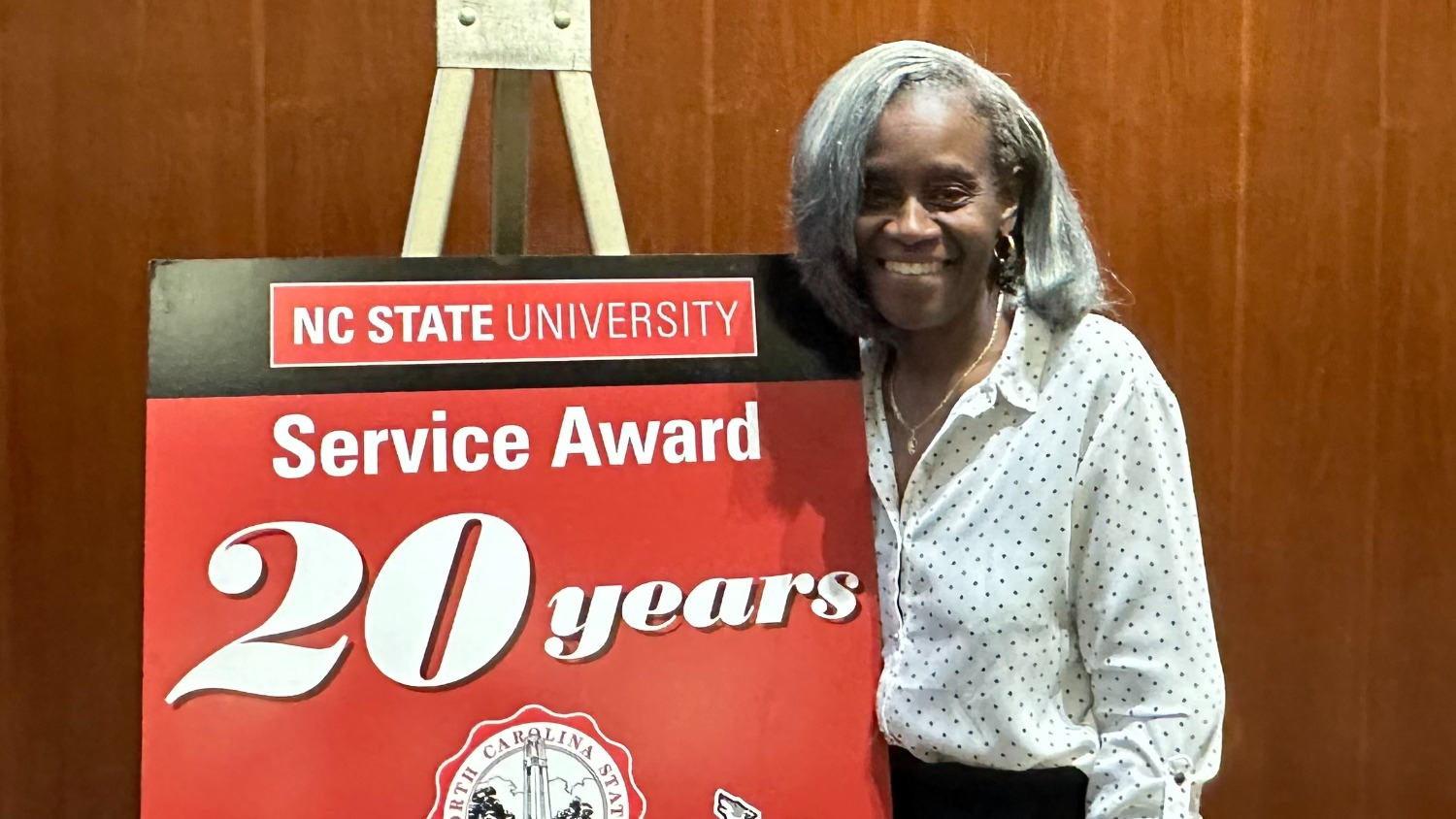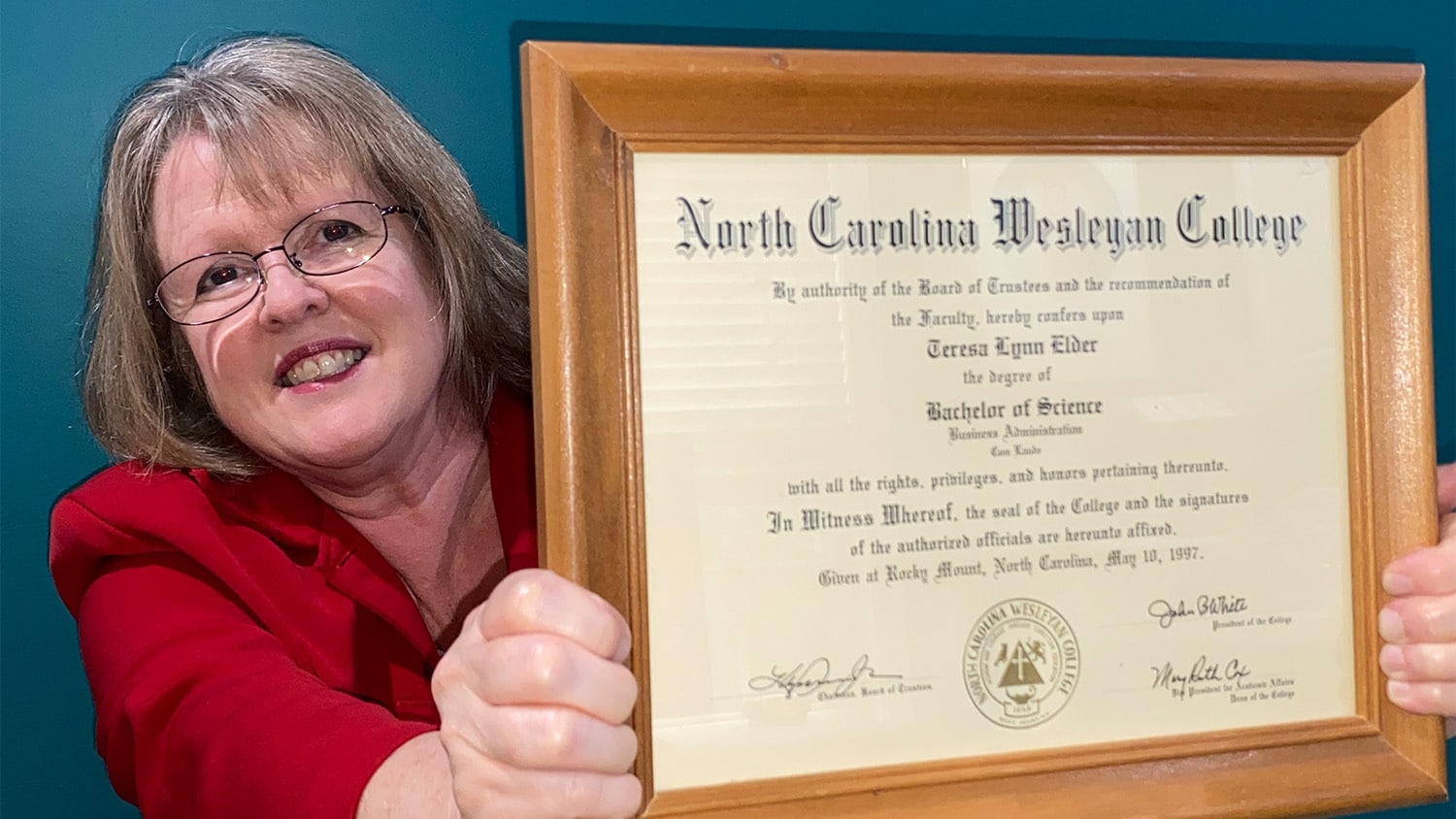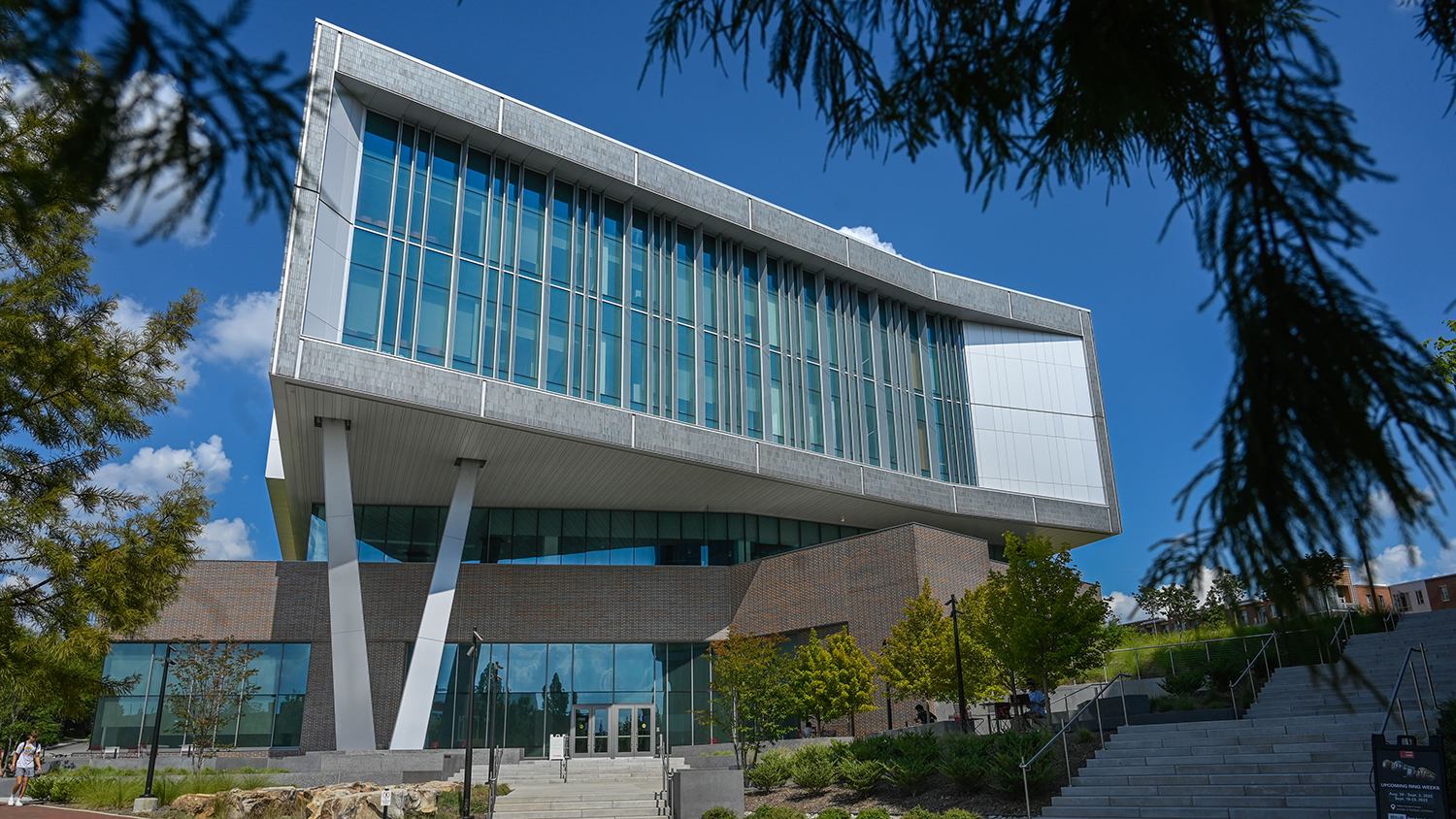Q&A with College of Engineering embedded counselors
Miranda Liu and Hannah Lavasque answer questions about their new roles as embedded counselors with the college.
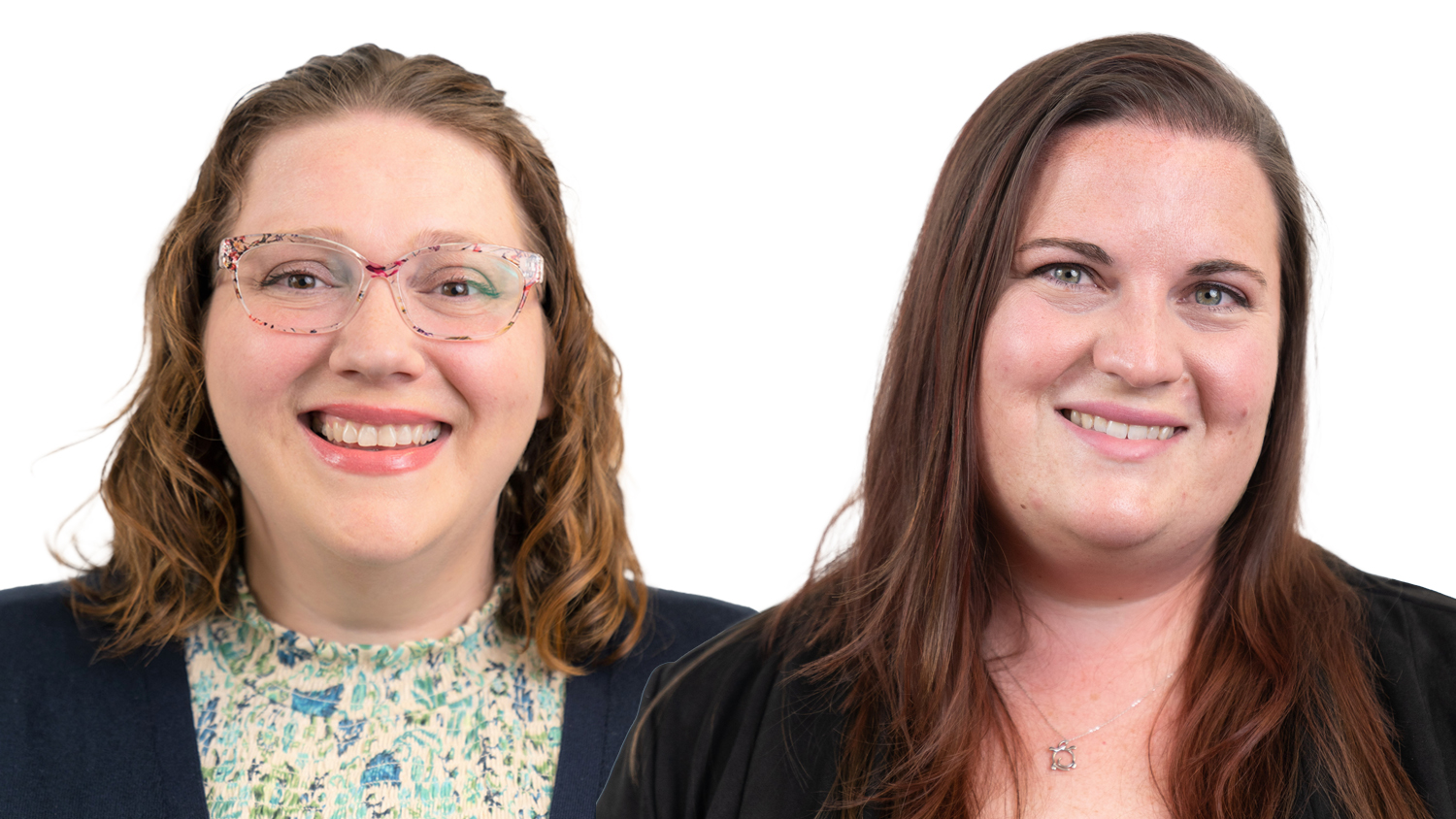
Miranda Liu and Hannah Lavasque may be new to NC State, but they already have their routine. Every Tuesday from 2-4 p.m., the embedded counselors find themselves in room 3001 of Engineering Building II, where they talk to members of the College of Engineering, help those who need it fill out intake forms and more.
In everything they do, the new counselors work closely with students and staff and faculty members to challenge mental health stigma and provide counseling services specific to the College of Engineering community. We spoke to both Liu and Lavasque to learn exactly what an embedded counselor is and where we can catch up with them in the future.
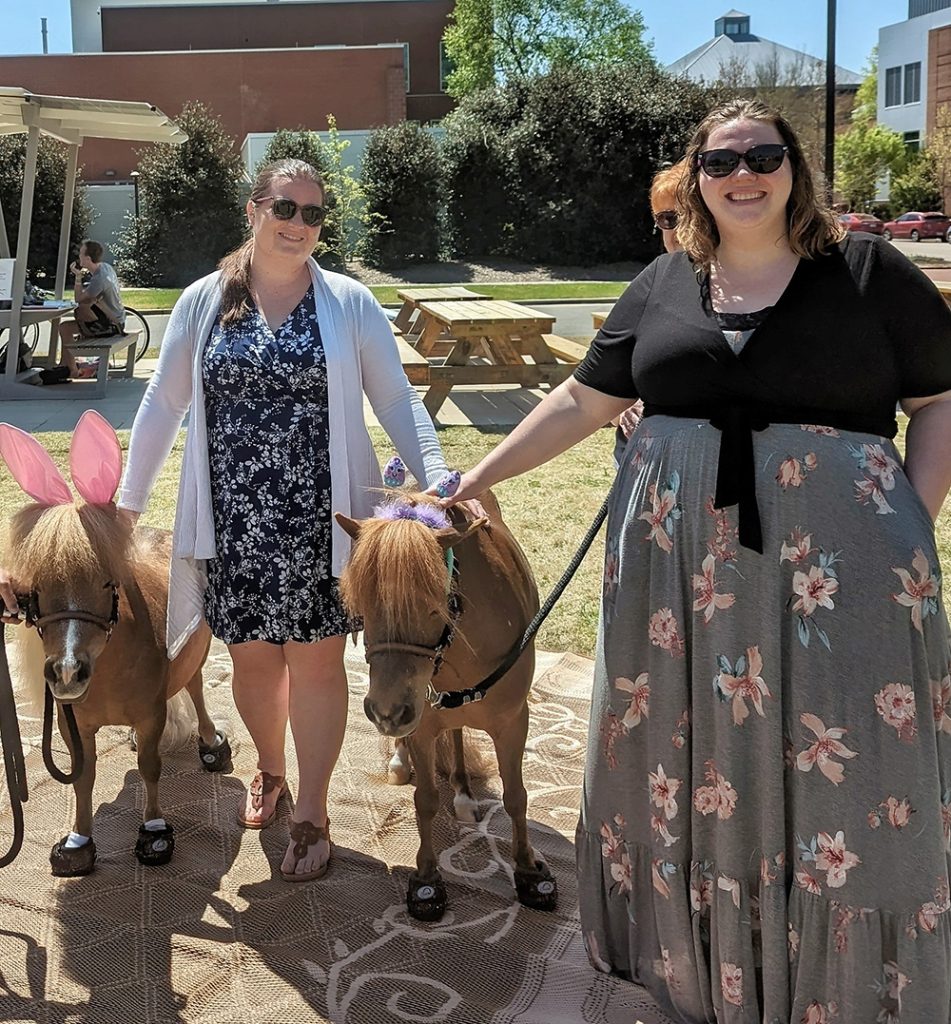
Q: Tell me a little bit about you both, your backgrounds and what drew you both to the position at NC State.
ML: First, I want to highlight that I am an NC State grad myself. I received my master’s at NC State in 2015. I’m a licensed clinical social worker and I worked in outpatient therapy for seven and a half years before coming to work with NC State. It’s a different experience with the counseling center. I’m really enjoying it so far. One part of our role is to support and advocate for neurodivergent students –– students with autism, ADHD and other learning and processing differences. That was a piece I was really excited about. I’ve done a lot of work around trauma and co-occurring ADHD and autism in my outpatient therapy work. I was also really interested in working closely with the College of Engineering because I have a little bit of a science brain. Often in my free time, I’ll research STEM topics or whatever curiosity comes up. My five-year-old absolutely loves STEM and will say he’s going to be a scientist when he grows up. He’d make a great engineer someday!
HL: I am clinically trained as a licensed clinical mental health therapist and a board certified art therapist. I received my master’s degree in 2016 and have worked in a variety of community and hospital settings since then. While I am an Appalachian State graduate, many people in my family attended and love NC State, including several who have been a part of the College of Engineering. My love of working with people in times of change and transition is what led me to pursuing this position at NC State. College can be some of the most exciting and scary times of our lives, and I feel so honored to walk on that journey with my clients. Personally, I have two dogs and I am an artist, a baker, a reader and a disc golfer.
Q: What are some of the main differences between being an embedded counselor and being a regular counselor with the center?
ML: As embedded counselors, we’re providing intentional support for the students, faculty and staff in the College of Engineering. That is in addition to all the services they still have access to in the main counseling center, so that doesn’t go away. There are several thousand students in engineering and there are only two of us right now, so we’re not going to be able to see every single student from the College of Engineering that comes to the counseling center. Students are paired with the service that aligns with their specific preferences or needs. This can include individual counseling, groups and/or workshops. The piece that we’re adding on top of the many counseling center services is being around the students, faculty and staff, learning the specific stressors, strengths and difficulties so we can better advocate for the students.
HL: The primary role of embedded counselors is to lower the barrier to entry for counseling services. Our main counseling center is absolutely incredible and offers so many wonderful services, and care is often hardest to access when we need it most. As many people know, there is a stigma related to mental health and accessing mental health services and the fewer steps we can put between a person and the services they need, the more likely they are to be able to overcome that stigma and ask for help. We are modeling the roles of our embedded counselors after other highly successful embedded models at other universities such as the University of Michigan and Ohio State. We are additionally relying on the information from our own university and the embedded position that has existed in the vet school for over 10 years.
Q: What are some of the goals of NC State implementing embedded counselors in the College of Engineering?
HL: The primary goal of implementing embedded counselors is to increase ease and accessibility of services and support to COE students, faculty and staff. These goals include having availability to attend events on Centennial Campus, connecting with faculty and staff through attending meetings and presenting in classes and helping students to connect to the services that will best serve them, whether that is through the embedded counselors or through main campus counseling services.
Q: And how have y’all made steps toward those goals?
HL: Our steps so far include identifying a central area for a drop-in space where students can come and ask about anything they need related to mental health; exploring the groups offered through the counseling center to identify what kinds of group will best support COE students; attending outreach events and postventions provided by COE, the counseling center and prevention services; and getting connected with larger COE events, including the career fair and open house, with plans to support new student orientation this summer.
Q: Are there any other programs or upcoming events you would like us to highlight?
ML: There is a wonderful event that prevention services hosts called Pause for Paws, ‘pause’ like ‘stop’ and ‘paws’ for therapy dogs. They do it on Main Campus and they do it on Centennial throughout each semester. They also offer a stress busters drop-in every other Thursday from 3 p.m. to 4 p.m in Hunt Library. There’s a specific event held for women and minorities in engineering called Finally Fridays. If students are interested in a full list and information about getting connected, they can reach out to prevention services for more info! We have some other things hopefully in the works, events for wellness and connection. Hannah is a registered art therapist, so we have some ideas for that, too. Keep an eye on the oval as there are multiple events happening out there the rest of the semester.
Q: Is there anything else you’d like to add?
ML: We’re doing what we can to increase accessibility and decrease stigma around mental health and reaching out for support, making it a friendly and positive thing. We really want to make sure students know where we are and how to access that drop-in space.
HL: We are so excited to be able to offer our support to the COE as we settle into these new roles. Miranda and I are new to this community, and while we have ideas on how to best serve and support the COE, we also want to hear from you, to learn what you need, because the best support we can possibly give will be the support you need, not the support we have decided you need.
- Categories:
